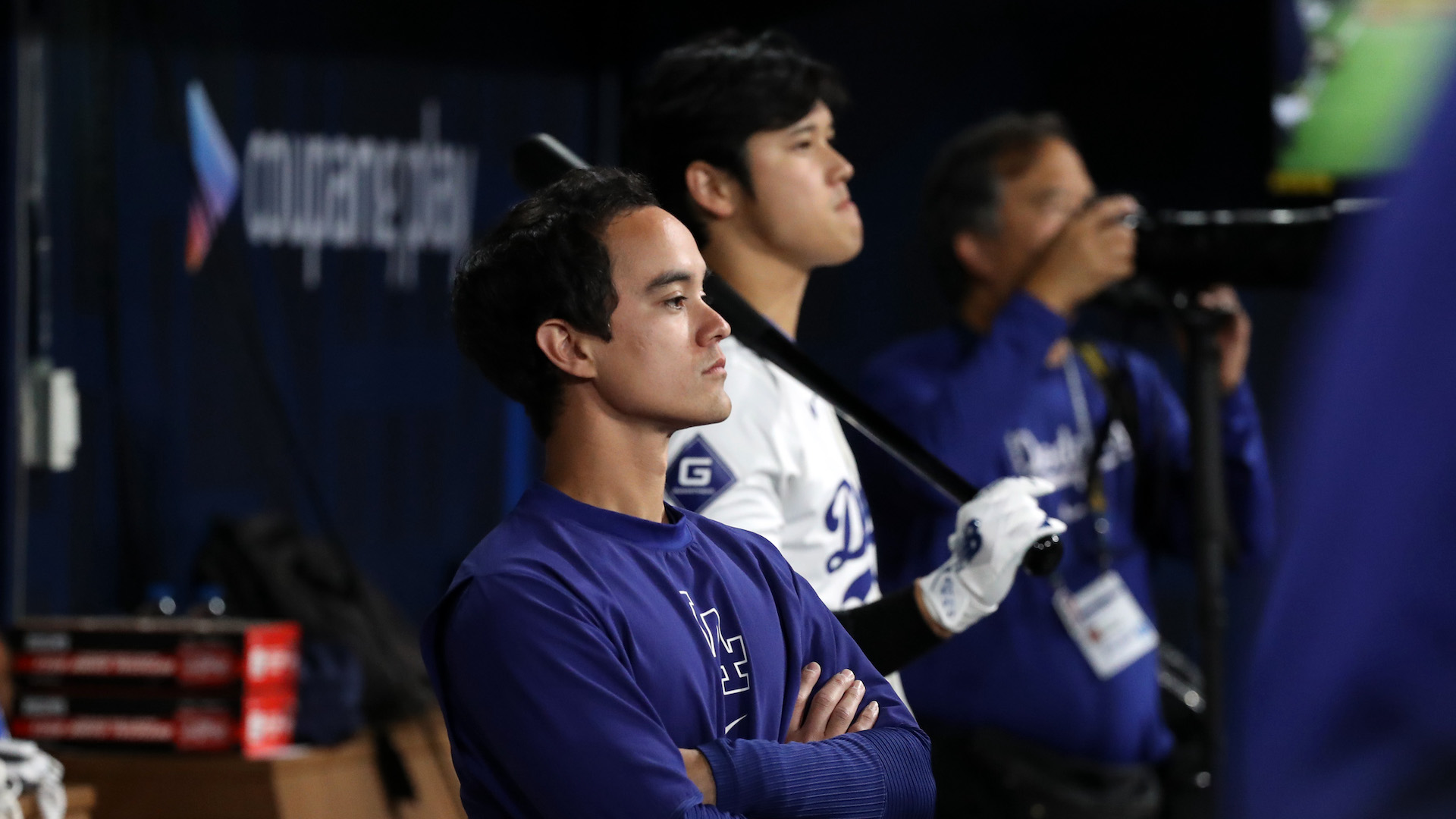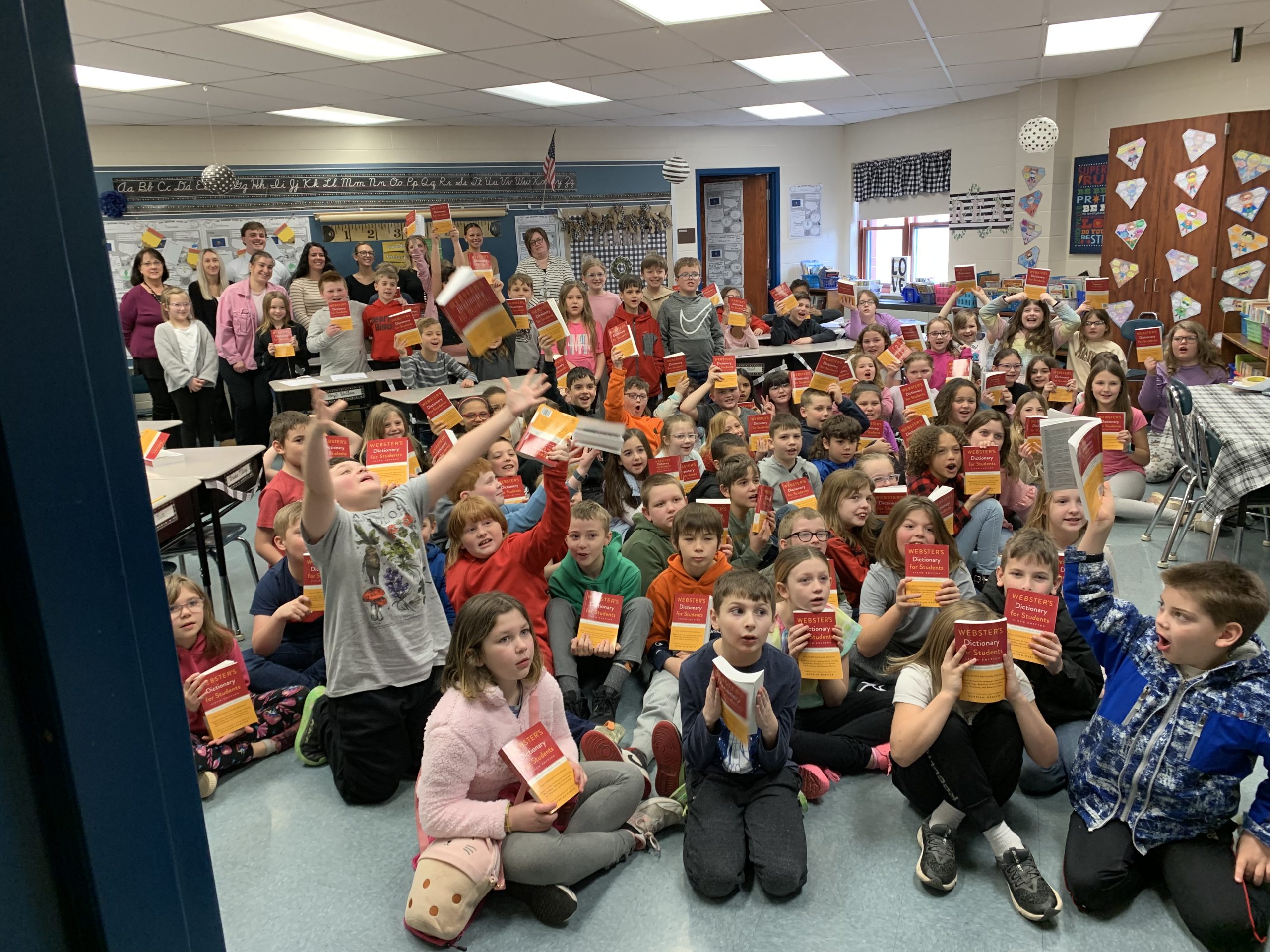
PEN/Heim Translation Fund Grants ($4,000)
The PEN/Heim Translation Fund Grants promote the publication and reception of translated world literature into English. Established by a gift from Priscilla and Michael Henry Heim in response to the dismayingly low number of literary translations appearing in English, the fund has supported more than 200 projects.
For the 2024 cycle, the judges reviewed applications from a wide array of languages of origin, genres, and time periods. Selected from this vast field of applicants are 10 projects, including Persian, Taiwanese Mandarin, Malayalam, Korean, Yiddish, Kiswahili, Spanish, Bulgarian, Mandarin, and French.
Judges: Nicholas Glastonbury (Chair), Jenny Bhatt, Aaron Coleman, Edwige-Renée Dro, Lisa Hoffman-Kuroda, Kira Josefsson, Lina Mounzer, Ena Selimović, Declan Spring, Alex Valente
A Book in Ruins by Aboutorab Khosravi, translated from the Persian by Nayereh Doosti
From the judges’ citation: A Book in Ruins, a short-story collection by award-winning Iranian author Aboutorab Khosravi, blurs the boundaries of time and convention. While Khosravi’s characters, themes, and settings are inspired by classical Persian writing and mythology, his surrealism is rooted in Iran’s present day. While Khosravi’s sporadic writing practice delayed his becoming nationally recognized, he went on to sweep almost all of the major Iranian literary awards. At such a critical moment in the history of resistance by the Iranian people, this book humanizes Iranian culture. Nayereh Doosti’s translation brilliantly captures Khosravi’s clarity, simplicity, and emotional depth.
A Time No More by Chiang-Sheng Kuo, translated from the Taiwanese Mandarin by Jack Hargreaves
From the judges’ citation: Set in the nostalgic shadowscape of Melody, a gay bar in Taipei, A Time No More charts the lives of three men across generational and class divides as they come to terms with their sexualities. Chiang-Sheng Kuo situates these polyphonic stories between the end of martial law and the legalization of gay marriage in Taiwan, mapping queer intimacies against the backdrop of economic and political upheaval. Already acclaimed across the Sinophone world, A Time No More tacks between intensely local experiences of social transformation and universal themes of memory and unknowing, love and solitude, and regret and reconciliation. Jack Hargreaves’ nimble translation skillfully renders Kuo’s ludic wordplay and queer registers, conjuring up a profoundly unique narrative voice as hauntingly melancholic as it is acerbically campy.
Alingam by S. Girish Kumar, translated from the Malayalam by Vrinda Varma
From the judges’ citation: Ochira Velukkutty (1905–1954) was a unique dramatist in the early days of Malayalam theater in Kerala, India. He played the female heroine role in the groundbreaking work Karuna over 7,000 times in a seven-year period. Kerala was undergoing radical and revolutionary social reform at the time, particularly in its cultural scene. Alingam is a fictionalized biography that provides a rare perspective on gender, class, caste, and religious conflicts and reveals fascinating historical insights into the evolving folkloric and dramatic traditions of 1930s Malayalam theater. A thoroughly researched debut novel by award-winning writer and professor Dr. S. Girish Kumar, it was shortlisted for the 2018 D.C. Literary Prize. Dr. Vrinda Varma has translated this richly textured historical fiction with careful attention to subtle details, bringing Velukkutty’s distinct voice and attitude to glorious life in the English.
But You Weren’t There: Notes from the Dig by Heo Su-gyeong, translated from the Korean by Soje
From the judges’ citation: Working as an archaeologist in Baghdad during the US invasion of Iraq, the late poet Heo Su-gyeong ruminates in this collection of essays on existence and remembrance, mortality and immortality, writing and literacy, and life and death. But You Weren’t There: Notes from the Dig sprawls across space and time–from Baghdad to Jinju, Münster to Gwangju, Normandy to Busan, probing histories of state violence, empire, and diaspora with startling originality and lyricism. Soje’s delicately wrought translation adeptly renders the linguistic strata and powerful quietude of Heo’s poetic voice.
Partizanke: Poems from the Jewish Resistance by Rikle Glezer, translated from the Yiddish by Jay Saper and Corbin Allardice
From the judges’ citation: When she was just eighteen years old, Rikle Glezer (1924–2006) leapt off the train from the Vilna ghetto bound for death at Ponary. Joining the resistance in the forests outside the city, she took up pen and pistol against the fascists, chronicling her life as a partisan through poetry. Partizanke: Poems from the Jewish Resistance traces her own courageous life’s story and the larger sweep of history, crucially reminding us that a subjugated people will always rise up against their oppressor. Jay Saper and Corbin Allardice brilliantly employ a range of formal interventions to bring Glezer’s Yiddish into English with great verve and dignity.
Swallower of Secrets by Ali Hilal Ali, translated from the Kiswahili by Meg Arenberg
From the judges’ citation: Ali Hilal Ali’s novel Swallower of Secrets bustles with compassion for the complexity and messiness of life. Questions of friendship, kinship, and community brush up against explorations of ambition, trauma, and how cultures survive across generations. Hilal Ali’s meditations on what it means to leave one’s home or stay as it changes will resonate with readers interested not only in the local and global aftereffects of migration but also all those curious about the ways people and places weather an ever-evolving modern world. Meg Arenberg’s deft translation limns nuanced portrayals of characters in this fictional yet vividly real East African city. Her prose embraces poetry, unlocking the lyric possibilities within descriptions of landscapes, of passing generations, of expressions on human faces. Swallower of Secrets keeps curiosity and magical realism close by, inviting readers to wonder their way into the universal struggles of people finding their way through life in a city on the brink.
The Eve of Man by René Marqués, translated from the Spanish by Sabrina Ramos Rubén and Verónica Dávila De Jesús
From the judges’ citation: Sabrina Ramos Rubén and Verónica Dávila De Jesús’s translation of The Eve of Man, by Puerto Rican novelist René Marqués, is an existential Caribbean bildungsroman about a child from the mountainous heartland of Puerto Rico who flees to Carrizal, a sugarcane plantation located in the northern coast. There, he grapples with the gut-wrenching truth of his parentage, his relationship with the land, and the political climate of the times as he comes into adulthood. First published in Puerto Rico during the late 1950s, The Eve of Man went on to win the Ibero-American Novel Award from the William Faulkner Foundation in 1962. Now, thanks to Rubén and De Jesús’s expert translation, an overlooked classic from a still under-translated region of Latin America is available to us in English for the first time.
The Other Dream by Vladimir Hristov Poleganov, translated from the Bulgarian by Zlatomira Terzieva
From the judges’ citation: In his novel, The Other Dream, Vladimir Hristov Poleganov unravels the repercussions of a wrongly dialed number, a story that earned him the 2017 Helikon Award for Book of the Year in Bulgaria. The narrative impressively delves into such complicated themes as identity, technological encroachment, memory, desire, and capital-R Reality. Translator Zlatomira Terzieva’s prose conveys an eerie sense of suffocation, a glut of words conjuring the world of Kazuo Ishiguro’s The Unconsoled. Terzieva immerses the palpable immediacy and fragility of this sci-fi universe in English.
The Ruins by Ye Hui, translated from the Mandarin by Dong Li
From the judges’ citation: The Ruins spans thirty years of poetry written by Ye Hui, one of China’s most distinguished contemporary poets. Comparable to the poetry of Fernando Pessoa and the paintings of Agnes Martin, Ye Hui’s work weaves Chinese metaphysics into real-life snapshots and creates compelling collages of contemporary myths and mysteries. Dong Li’s translations beautifully convey Ye Hui’s poetry of solace and revelation into English.
The Russian Testament by Shumona Sinha, translated from the French by Subhashree Beeman
From the judges’ citation: Following the unexpectedly intertwined lives of a young Bengali woman in India and an elderly Jewish woman in Russia, Shumona Sinha’s novel The Russian Testament is an homage to the power of literature and translation. Shunned by her mother and her peers in Calcutta, Tania finds solace in the Bengali translations of Russian literature. Seeking out the fate of a publisher, she makes her way to Adel, who lives in a nursing home in St. Petersburg. In their encounters with one another, the two women become like mirrors to one another, offering up an expertly woven portrait of the interconnectedness of political oppression and familial oppression. Based on the true story of Russian publisher Lev Klyachko and his daughter Adel, as well as on Sinha’s own love for Russian literature, The Russian Testament attests to the capacity of literature to offer solace, resilience, and dialogue across difference. Sinha’s meticulously detailed and atmospheric prose shines in Subhashree Beeman’s nimble translation.


